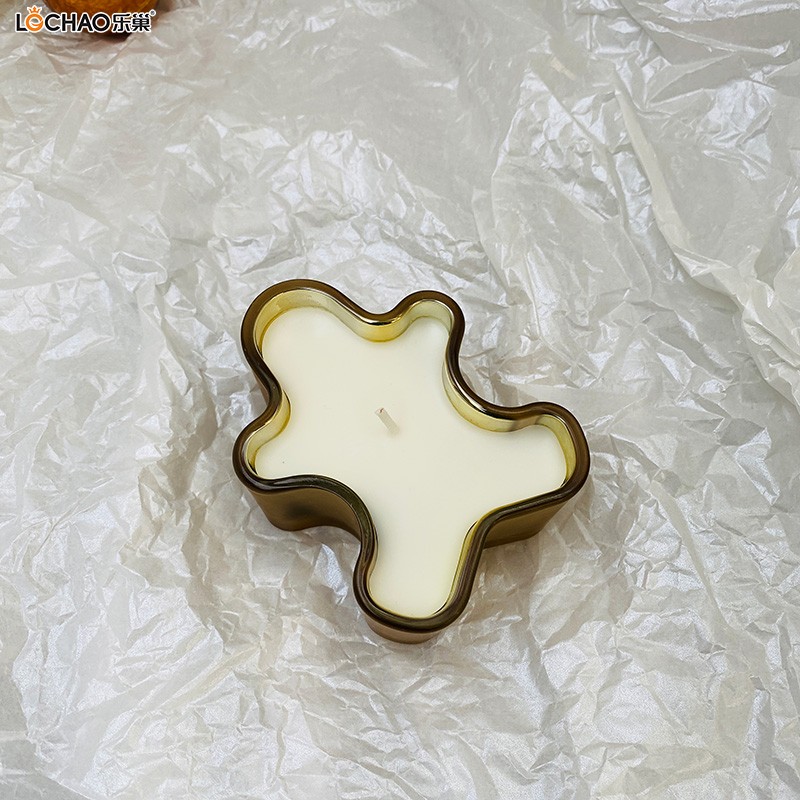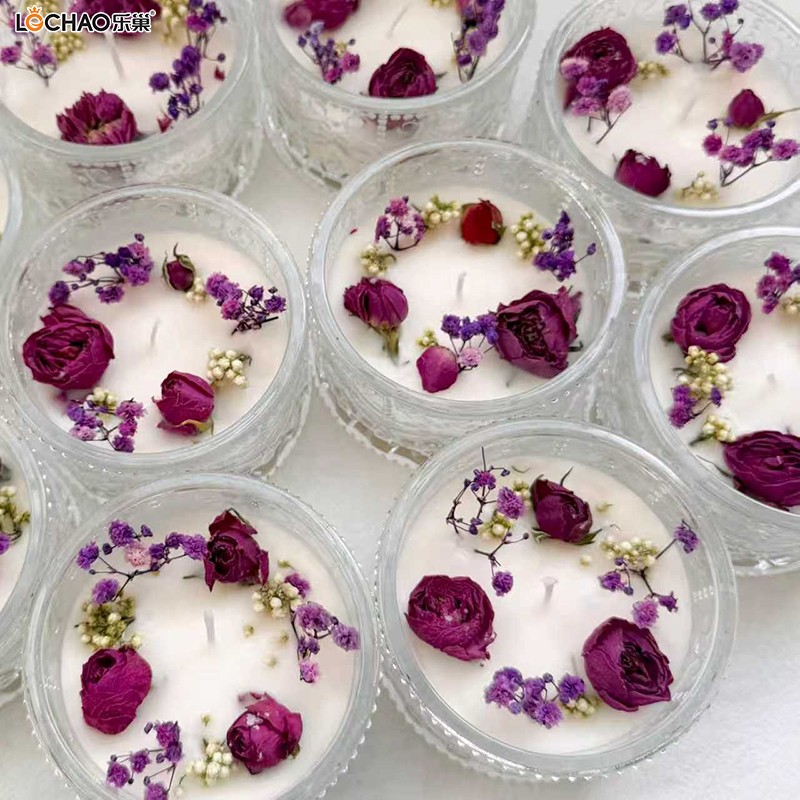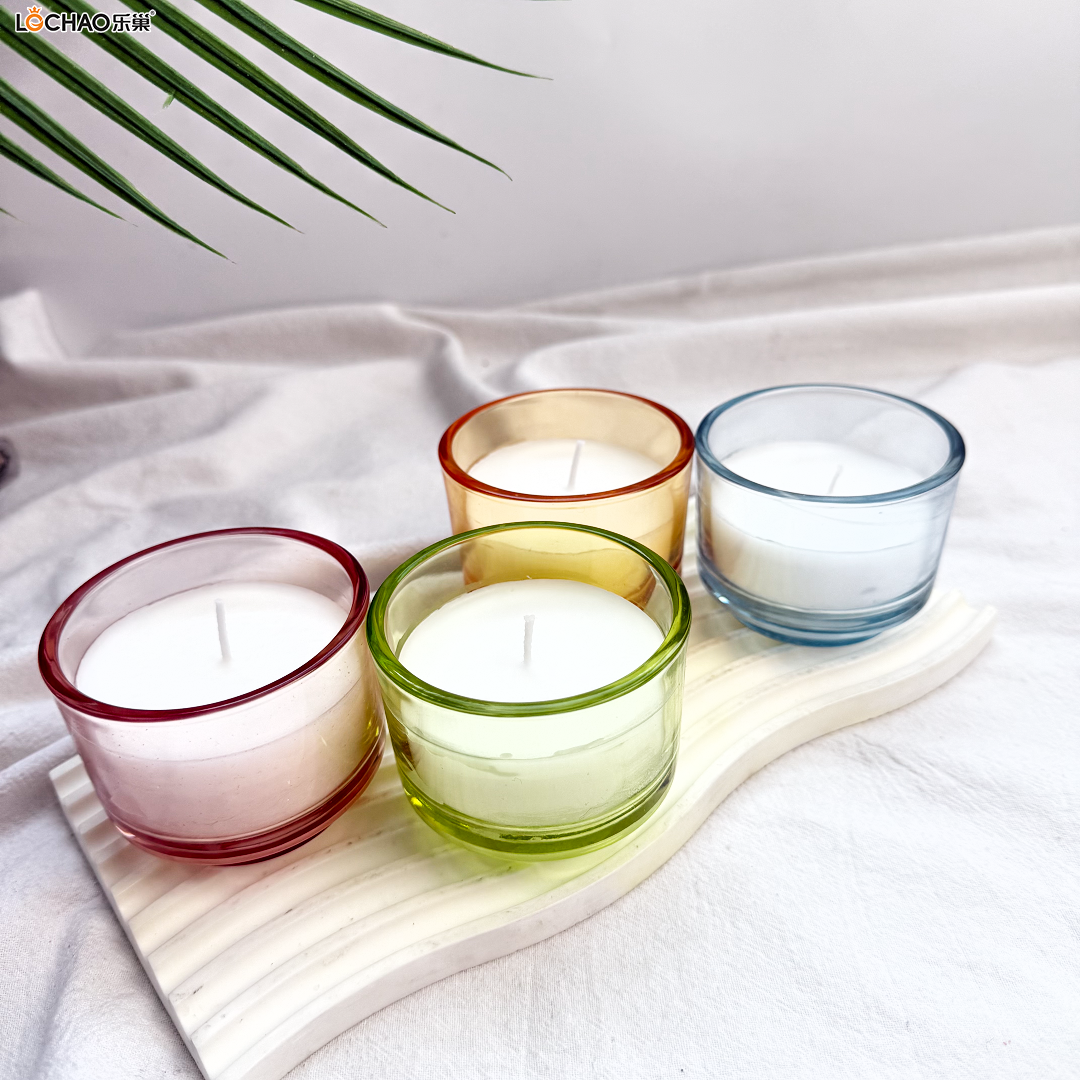While scented candles can create a comfortable atmosphere, they're not suitable for everyone. The following are some groups of people who shouldn't use scented candles and the associated risks:
1. Pregnant Women
- Potential Risks:
- Scented candles may contain irritating chemicals (such as synthetic fragrances and musk), which may affect fetal development if inhaled over a long period of time.
- Volatile organic compounds (VOCs) released by some scented candles when burned may disrupt a pregnant woman's endocrine system and affect fetal neurological development.
- Burning candles in confined spaces may increase carbon dioxide levels, causing dizziness, nausea, or breathing difficulties in pregnant women.
- Recommendations:
- Avoid using scented candles as much as possible. If you must use them, choose natural ingredients (such as soy wax or beeswax) and unscented candles, and ensure adequate ventilation.
2. Infants and Young Children (especially Newborns and Babies)
- Potential Risks:
- Infants have immature respiratory systems, and the scent of aromatherapy may irritate their airways, leading to coughing and difficulty breathing. - Some aromatherapy ingredients (such as lavender essential oil) may affect infants' neurological development or trigger allergic reactions (such as rashes and asthma).
- Tiny particulate matter (PM2.5) produced by candle burning may affect infants' lung health.
- Recommendations:
- Avoid using scented candles in the baby's room. Opt for an unscented humidifier or natural diffuser stones instead.
3. Patients with Asthma and Respiratory Diseases
- Potential Risks:
- The fragrances in scented candles (such as peppermint oil and eucalyptus oil) may irritate the respiratory tract, triggering asthma attacks or worsening coughs and chest tightness.
- Black smoke and particulate matter produced by incomplete combustion may exacerbate airway inflammation.
- Recommendations:
- People with asthma should avoid using scented candles, especially those with strong fragrances.
- To improve the indoor odor, use an air purifier or natural plants (such as greenery).
4. People with Allergies
- Potential Risks:
- The fragrances, dyes, or waxes in scented candles may trigger skin allergies, rhinitis, or asthma.
- Recommendations:
- Perform a skin test before use, or choose unscented and colorant-free products.
Other Considerations: Confined Space Risk: Using scented candles in poorly ventilated areas such as bathrooms and bedrooms may cause harmful substances to accumulate.
- Fire Hazard: Candles can cause fires when left unattended, so extra caution is advised when using them around children or pets.
Summary:
Pregnant women, infants, asthmatics, and people with allergies should avoid using scented candles. To improve the indoor environment, consider safer options such as flameless aromatherapy, natural essential oil diffusers, or air purifiers.





